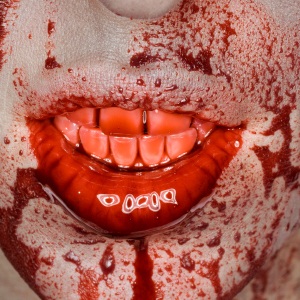
Boys are more prone to injury than girls, especially those in the nine-to-10-year-old age group. Toddlers who are just learning to walk are also at high risk. Accidents can result in a range of dental injuries. The most common ones include fractures of teeth and sometimes, the tooth could be totally knocked out of the mouth.
Damage repair
Depending on the degree of severity, tooth fractures can be fixed by a dentist using tooth coloured restorative materials. Immediate intervention is required so that potential complications can be eliminated.
When a permanent front tooth is knocked out of the mouth completely, it is imperative that immediate action is taken. The tooth should be held by the crown and gently rinsed under water (no scrubbing). It should then be firmly re-implanted in the socket as far as it will go.
If the parent feels that re-implanting the tooth is beyond their capabilities, the tooth should be stored under the tongue or preferably in some milk.
The child should then be taken to a dentist, preferably within 30 minutes. It might be necessary to splint the tooth. The longer the tooth is out of the mouth, the greater the chances that reimplantation will fail, with resulting complications and eventual loss of the tooth.
Even after successful re-implantation, there is still a chance that the tooth could die within a few years.
Mouth guards
The use of mouth guards in the prevention of dental trauma is well known, but the general public underestimates their value. All children involved in contact sports should be encouraged to wear them. Not only does a mouth guard protect the teeth against fractures, but it also prevents the cheeks, tongue and lips from being caught between the teeth, thereby minimising injuries.
Mouth guards also decrease the incidence of neck injuries, because shocks are absorbed to a large extent and are not directly transmitted to the vertebrae or brain. Concussion and severe intracranial injuries can thus be prevented.
There are different types of mouth guards available. Sports shops usually stock preformed mouth guards in standard sizes. These are not ideal as they cannot be adapted in order to improve the fit and need to be held in position by clenching the teeth.
Custom-made mouth guards are more acceptable as they provide greater protection. Most athletes use this type of mouth guard. An impression is taken of the mouth and it is sent to the lab. A mouth guard is then manufactured and tailored to the individual’s needs.
Mouth guards are like seat belts - they only protect if they are worn. Their use should therefore be encouraged.




 Publications
Publications
 Partners
Partners









